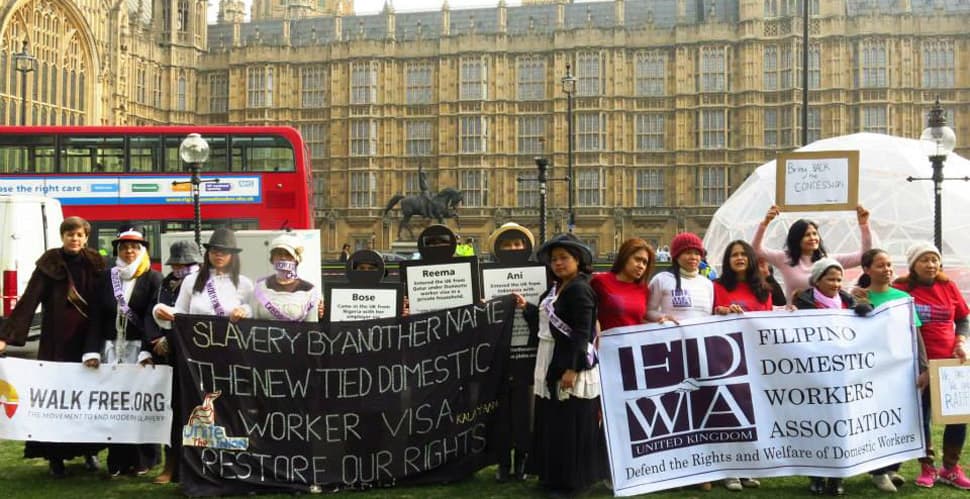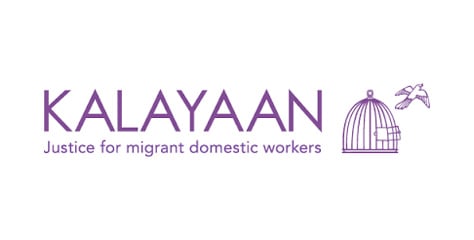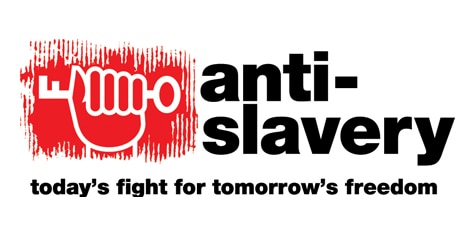Domestic workers from overseas can find themselves in the U.K. working for employers that abuse them, give them hardly any food, afford them little or no pay and often lock them in the very homes they are working in.
Astonishingly U.K. law stops migrant domestic workers from leaving these employers. The tied visa system in the U.K., equivalent to what is commonly known as the kafala system in the Middle East, means workers have to remain with the employer they arrived with to remain legal under immigration rules.
We know that giving these workers the right to find another employer makes them less vulnerable to modern slavery. 1
Sara’s Story
“We don’t have any days off. We don’t have any freedom.”
When we spoke to Sara*, a survivor of domestic slavery, we knew we had to do something to help.
Excited for a new opportunity and the chance to help her family financially, Sara, an Indian national, was brought to the UK by a family to work as a domestic worker in their home. But far from the life she imagined, she found herself locked in the house, working round the clock, with no-one to turn to for help.
With support from a neighbour, Sara was able to escape. Now she wants to do everything she can to help domestic workers still trapped in slavery.
“Now I am free. I [am] so happy.” Sara
In 2012, the U.K. Government introduced the tied visa, which prevents overseas domestic workers from changing employers. Fortunately for Sara, she entered the U.K. before 2012 and was able to find another job and support herself after escaping slavery. Now that is not an option. The tied visa increases the risk of domestic slavery because trying to escape from exploitative situations could mean facing arrest, removal from the U.K., or even further exploitation.2
Please call on the U.K. government to support the end of the tied visa system for migrant domestic workers.






Make your voice heard
Comment
2
Share this petition